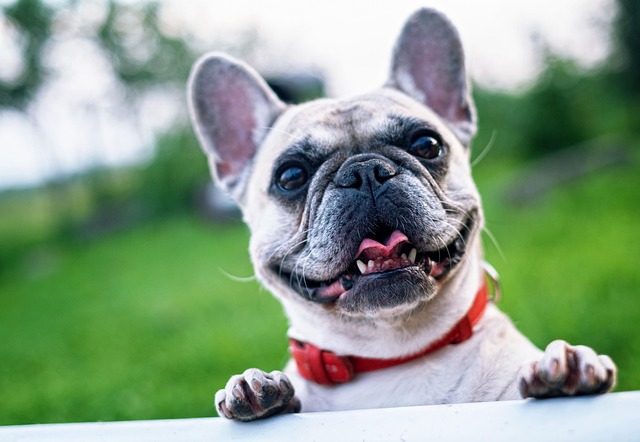
What is glaucoma in a dog?
You might notice your dog squinting more at mealtime or avoiding bright sunlight—these small changes could be early signs of a serious eye condition.
Most dogs experience mild discomfort after getting vaccinated, but the timeline for feeling under the weather is usually short. You might notice your pup acting a little sluggish—maybe they skip a favorite walk or curl up longer than usual. These mild symptoms, like low energy or a slight fever, typically kick in within 24 hours of the shot and fade away after 1 to 2 days. It’s your dog’s immune system gearing up to fight future illnesses, so this short stretch of tiredness is a normal part of building protection.
Keep an eye out for more serious signs, though—they’re rare, but knowing them helps you act fast. If your dog has vomiting that lasts more than a day, severe diarrhea, swelling around the face or injection site, or refuses to eat or drink for over 24 hours, call your vet right away. These aren’t typical reactions, and getting professional help ensures your dog stays safe. Most vets will also remind you to avoid giving your dog human pain meds, like ibuprofen, since they can be toxic to pups.
Following local pet laws is key here, too—many places in Europe and North America require core vaccines (like for rabies or distemper) to keep communities safe. Sticking to these rules isn’t just about compliance; it also means your dog gets the care they need to stay healthy long-term. Some areas even have specific guidelines for post-vaccine check-ins if your dog shows unusual symptoms, so asking your vet about local requirements can save you hassle later.
 When you get home from the vet, make your dog’s space cozy to help them recover. Offer small sips of water and a light meal, like boiled chicken and rice, if they’re not feeling up to their regular food. Avoid intense activity for a day or two—no long hikes or rough play—since their body needs rest to recover. Many dog owners find that gentle pets and quiet time by the couch help their pups feel better faster; it’s a simple way to comfort them through the short recovery.
When you get home from the vet, make your dog’s space cozy to help them recover. Offer small sips of water and a light meal, like boiled chicken and rice, if they’re not feeling up to their regular food. Avoid intense activity for a day or two—no long hikes or rough play—since their body needs rest to recover. Many dog owners find that gentle pets and quiet time by the couch help their pups feel better faster; it’s a simple way to comfort them through the short recovery.
Remember, every dog is different—some might bounce back in a few hours, while others take a full day to perk up. If you’re worried about how your dog is acting, don’t hesitate to reach out to your vet. They know your dog’s health history and can ease any concerns, whether it’s about symptom duration or next steps. Staying attentive during this short period helps keep your pup happy and healthy, and it’s all part of being a responsible dog owner.
At the end, the small inconvenience of a day or two of mild illness is worth the long-term protection vaccines provide. They shield your dog from dangerous, often deadly diseases, and following local laws ensures everyone—pets and people—stays safe. By knowing what to expect and how to care for your dog post-vaccine, you can turn this routine visit into a smooth, stress-free experience for both of you.

You might notice your dog squinting more at mealtime or avoiding bright sunlight—these small changes could be early signs of a serious eye condition.

Let’s set the scene: It’s a sweltering Phoenix afternoon—105°F outside—and you rushed your 2-year-old Lab mix, Cooper, on a quick walk to “get it over with.”

Let’s get real: You’re in your Miami apartment, watching your 3-year-old Corgi, Loki, struggle to climb the stairs to your second-floor unit.

Many dog owners brush off occasional scratching as just “dog behavior,” but persistent itching often signals something more—like a food allergy.

You might first notice your dog scratching more than usual—chewing at their paws until the fur looks thin, or rubbing their face against the couch nonstop.

Let’s be real: You’re standing in your Chicago apartment, watching your 3-year-old Beagle, Max, huff and puff just to climb onto the couch.